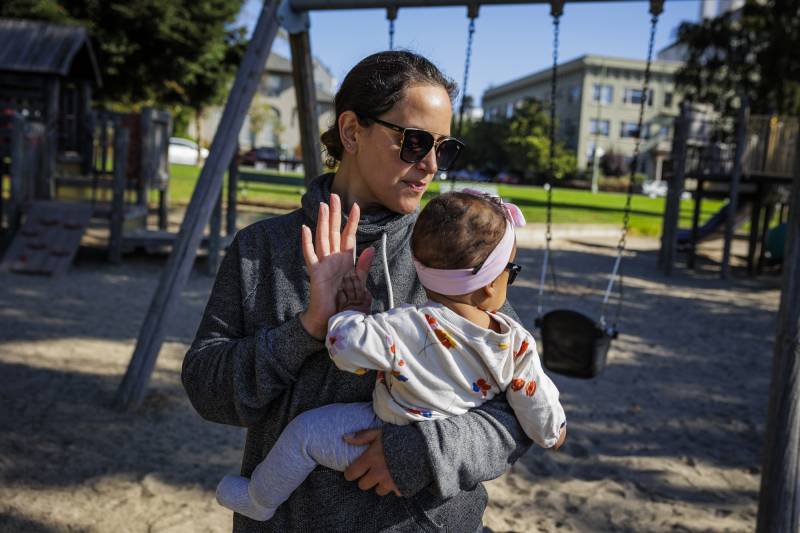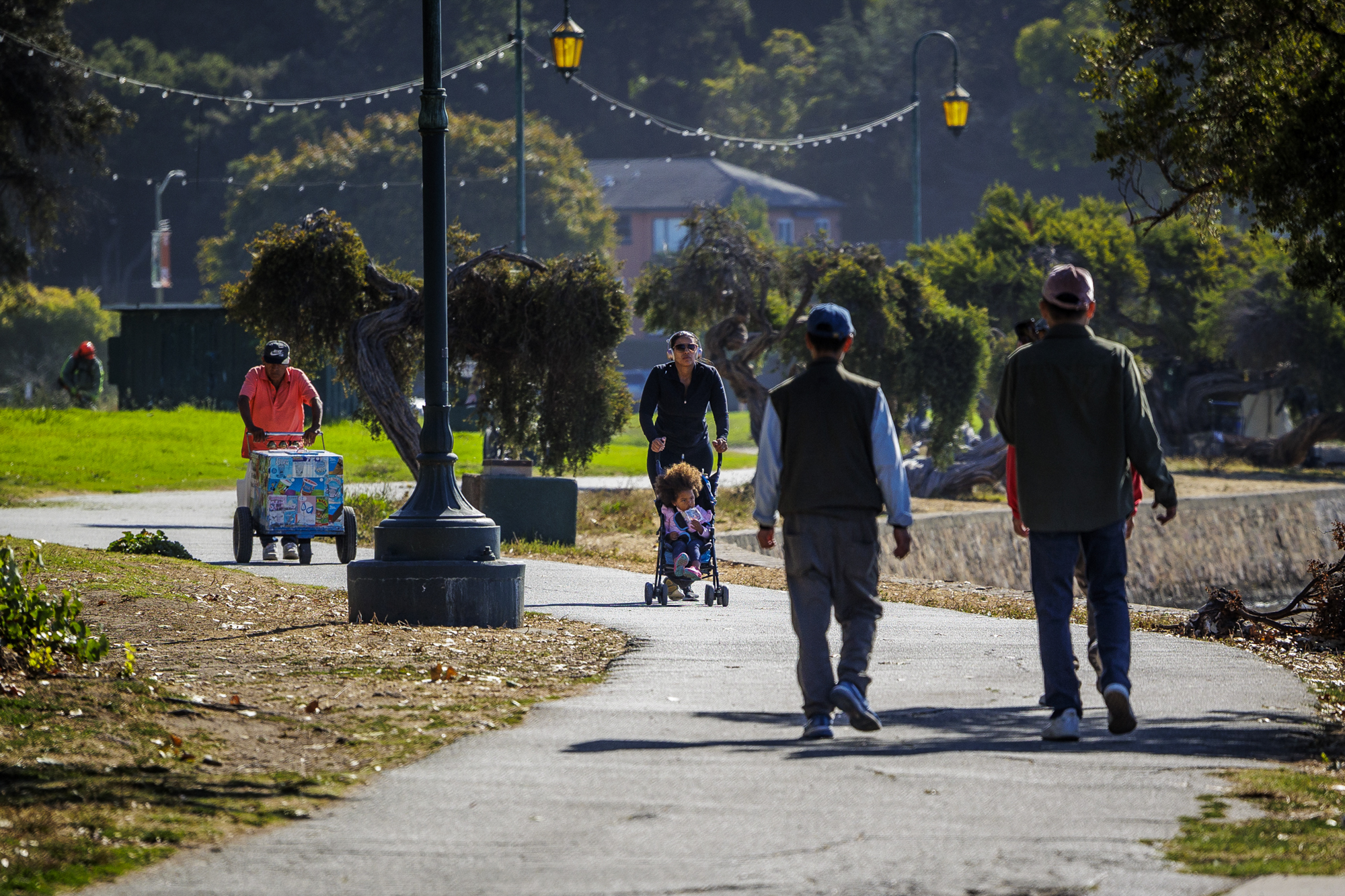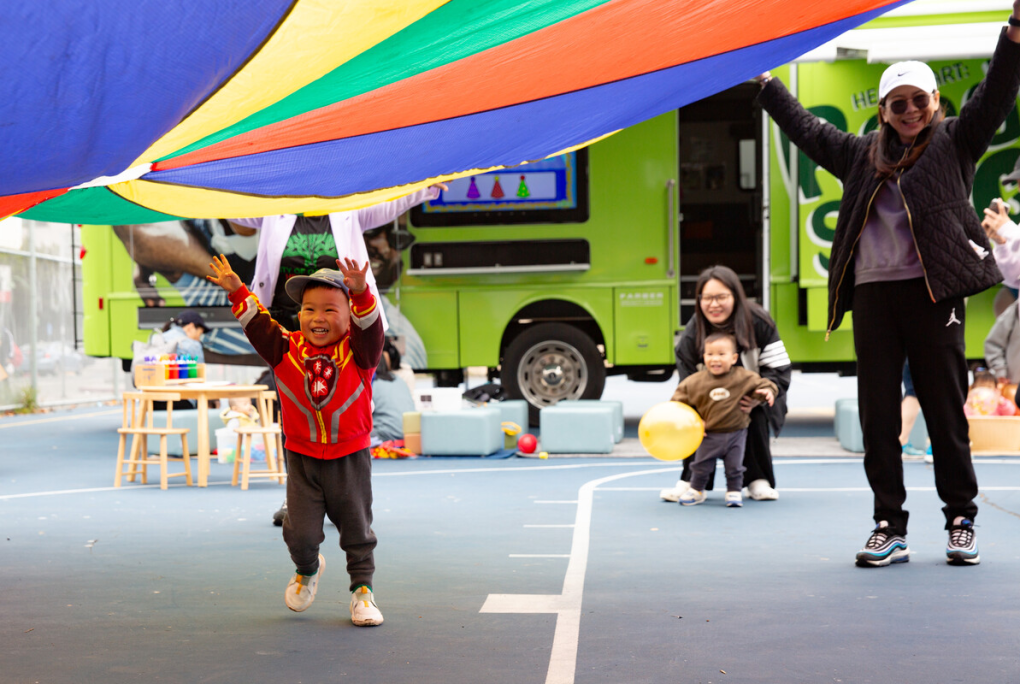The rising cost of having babies and caring for them has become a central issue in the presidential election, and it’s hitting home with California parents as they contemplate their vote in November.
According to a new report from First 5 California, 48% of parents in the state find it difficult or very difficult to find child care they can afford.
Half of the respondents also said child care issues have a negative impact on their job or career, according to the survey of more than a thousand parents and business owners. About 70% said they pieced together childcare by altering their work hours or relying on family, friends or neighbors, leaving them feeling stressed or guilty.



